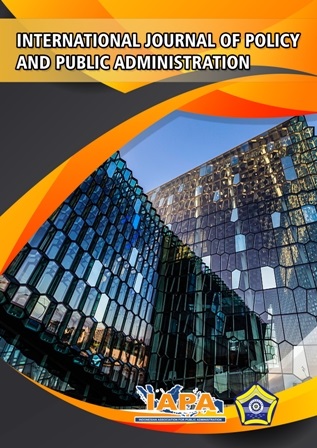ECONOMIC EMPOWERMENT OF TRADITIONAL FISHERMAN FAMILIES IN MALABERO, BENGKULU CITY
DOI:
https://doi.org/10.33369/ispaj.v6i1.37735Abstrak
This research aims to understand the economic empowerment provided by the government and non-government institutions to traditional fishing families in Malabero Village using a descriptive qualitative approach. Informants were determined using purposive sampling involving the Malabero Village environmental government and traditional fishing families who were included in the informant category. Data was collected through non-participant observation and semi-structured interviews, this research was also supported by documentation. The data obtained is reduced to similar groups and variations are recorded and then verified to obtain the validity of the data and meet the needs for answers to research problems. The conclusion as the final result of the research is drawn up after all the data has been reviewed. The data were analyzed using public administration science using empowerment theory. Empowerment theory was first put forward by Barbara Salomon in 1977. Empowerment theory is related to human problems in the social, political and economic order. Empowerment theory not only introduces interaction and mutual influence between humans and society, but also places human problems in the perspective of humans and the environment. This research identifies two problem formulations, namely how to implement economic empowerment
for fishing families in Malabero Village, Bengkulu City and examines how effective traditional fishermen empowerment activities are for improving the economy in Malabero, Bengkulu City. The aim of this research is to determine the implementation of empowerment that has been carried out by the traditional fishing community in Malabero, Bengkulu City and to find out how effective the empowerment activities carried out by the government and non-governmental organizations are for traditional fishermen to improve the economy in Malabero, Bengkulu City.
Keyword: Economic empowerment, traditional fishing families.

